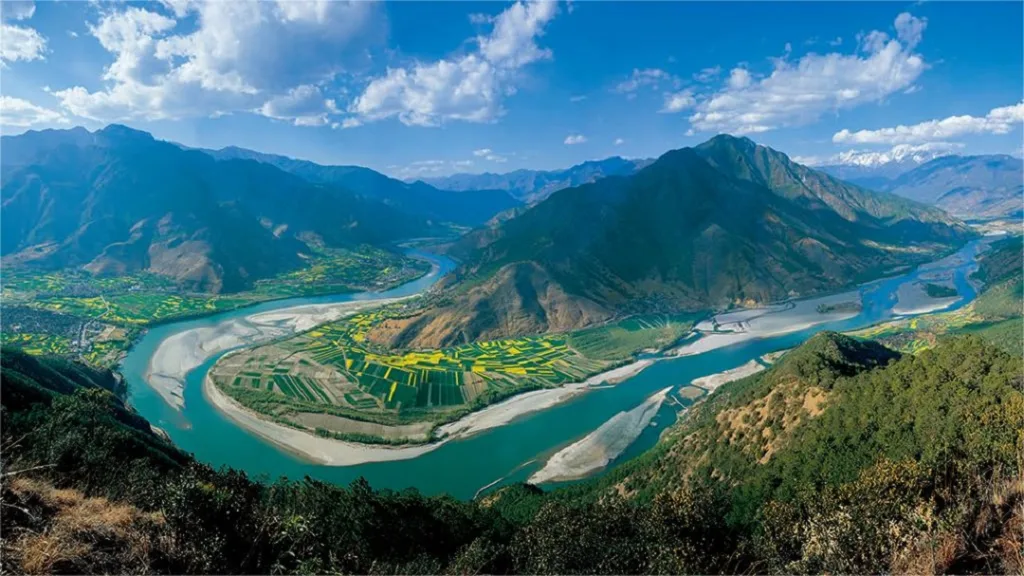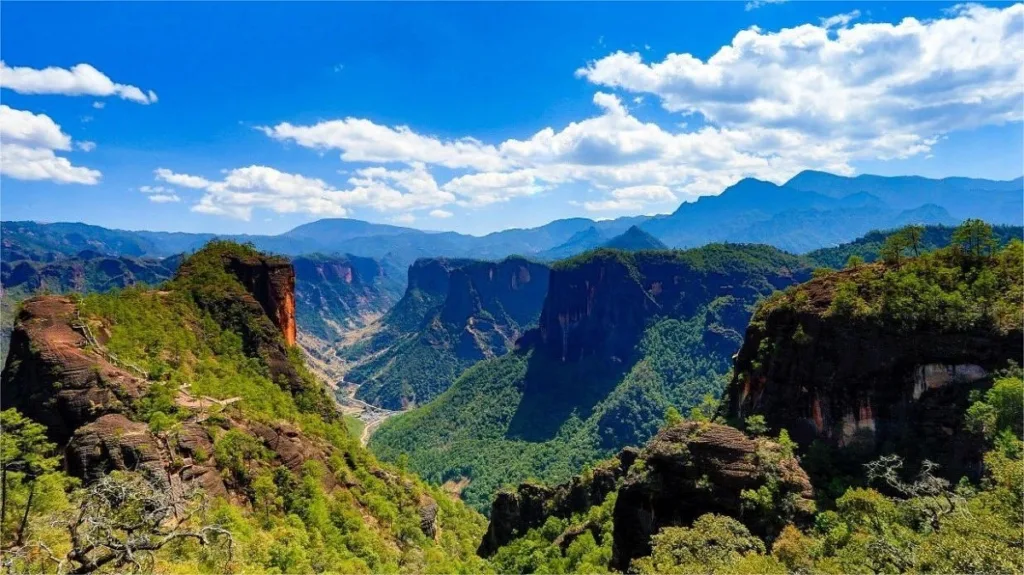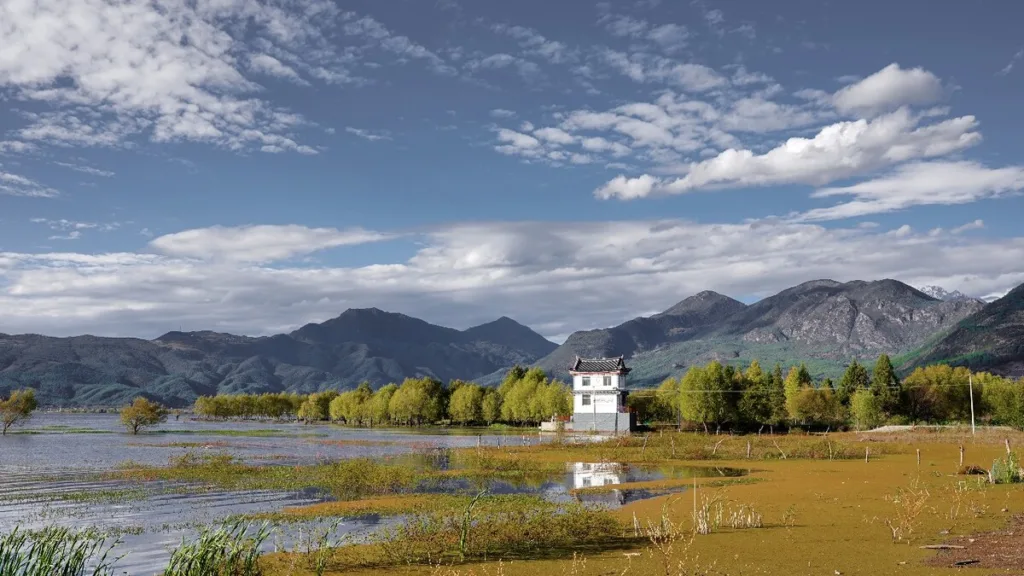Baoshan Stone Village – Ticket, Opening Hours, Location, and Highlights


Baoshan Stone Village (宝山石头城) is nestled within the Jinsha River Gorge, northeast of the Jade Dragon Snow Mountain, covering an area of approximately 0.5 square kilometers. Built atop a natural mushroom-shaped rock formation, it derives its name from the surrounding terrain and is known as “Shitou Cheng” in Mandarin, or “La Bor Lu Pan Wu” in the Naxi language, meaning “Baoshan White Stone Fortress.”
Situated with the Jinsha River to the east, the Maoniu Ridge to the west, the Taizi Pass to the north, and the Yanke Du to the south, Baoshan Stone Village is encircled by terraced fields, forming a strategic location characterized by “three mountains as a screen, facing the river on one side.” Its southeastern, southwestern, and northwestern sides are sheer cliffs, while the eastern side descends steeply to the Jinsha River, with only two stone gates providing access.
Table of Contents
- Basic Information
- Location and Transportation
- Layout of Baoshan Stone Village
- Lengend about Baoshan Stone Village
- Vlog about Baoshan Stone Village
- Other Attractions in Lijiang Suburbs
Basic Information
| Estimated Length of Tour | 2 hours |
| Ticket Price | Free |
| Opening Hours | 24 hours a day throughout the year |
Location and Transportation
Baoshan Stone Village is located in Baoshan Township, Yulong Naxi Autonomous County, Lijiang, Yunnan Province, China. Situated within the Jinsha River Gorge northeast of the Jade Dragon Snow Mountain, it’s accessible by road from Lijiang City. There are no direct buses from Lijiang to Baoshan Stone Village, so travelers typically need to arrange transportation with a local driver in advance. The journey takes approximately 4 and a half hours by car, offering travelers the chance to enjoy scenic views along the way.
Layout of Baoshan Stone Village

The village consists of an inner and outer city. The dwellings within the inner city are typical examples of Naxi wooden beam and tile houses, representing the transition of the Naxi people from a nomadic to a settled lifestyle. Founded during the Yuan Dynasty (1264-1294), it served as a migration point for the descendants of the ancient Qiang people moving southward across Sichuan into Yunnan. Additionally, it was the first settlement of the Shu You ethnic group in Yunnan. Initially, only the inner city, located on the cliff, was inhabited due to the sparse population.
In the 1920s, to defend against bandits, residents fortified the settlement by adding walls, gates, watchtowers, cannons, and emergency escape routes, transforming it into a fortified village with comprehensive defense works. As the population grew and the village expanded, the development of the settlement was restricted by the inner city’s cliff sides. This led to a radial expansion pattern, with the inner and outer cities complementing each other.
Lengend about Baoshan Stone Village

The origin of the name “Stone Village” is shrouded in legend. According to one tale, during the Tang Dynasty, seven brothers of the Maoshis (Naxi people) journeyed here, each settling on a different hill, forming a village alliance centered around Baoshan Stone Village. Another legend recounts the emergence of a giant dragon on the west bank of the Jinsha River. The ruler of the Jade Dragon Mountain, Mutianwang, battled the dragon, eventually severing it into two parts. The head of the dragon turned into a giant stone, while its body formed the mountains. The ancestors of Stone Village settled and thrived on this giant stone, a tradition that continues to this day.
Vlog about Baoshan Stone Village
Other Attractions in Lijiang Suburbs

Guanyin Gorge Scenic Area

First Bend of the Yangtze River

Laojun Mountain, Lijiang

Zhiyun Temple, Lijiang

Lashihai Wetland Park
Lijiang attractions, Yunnan historical sites